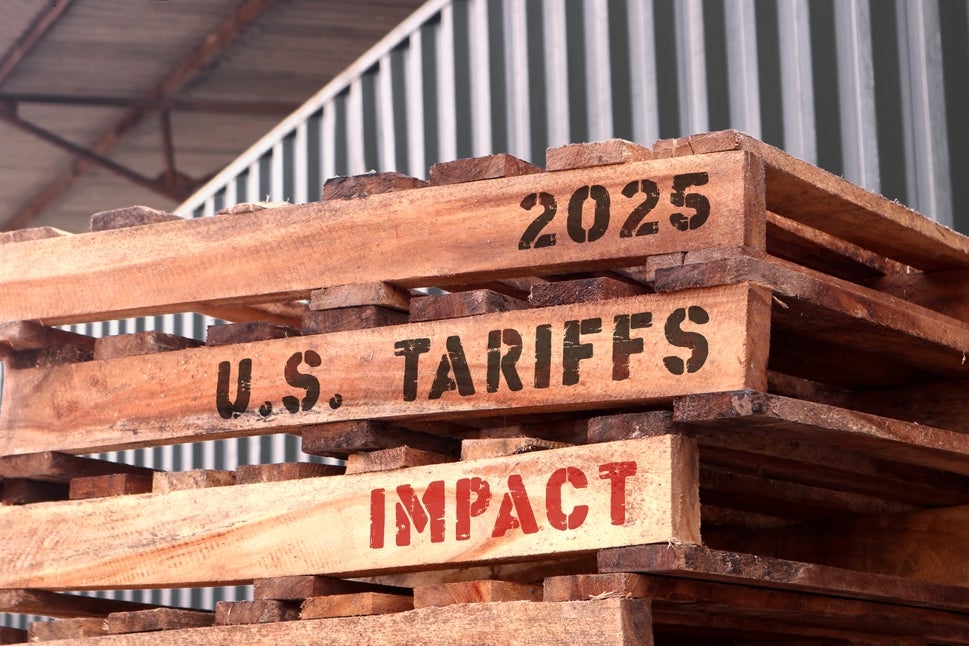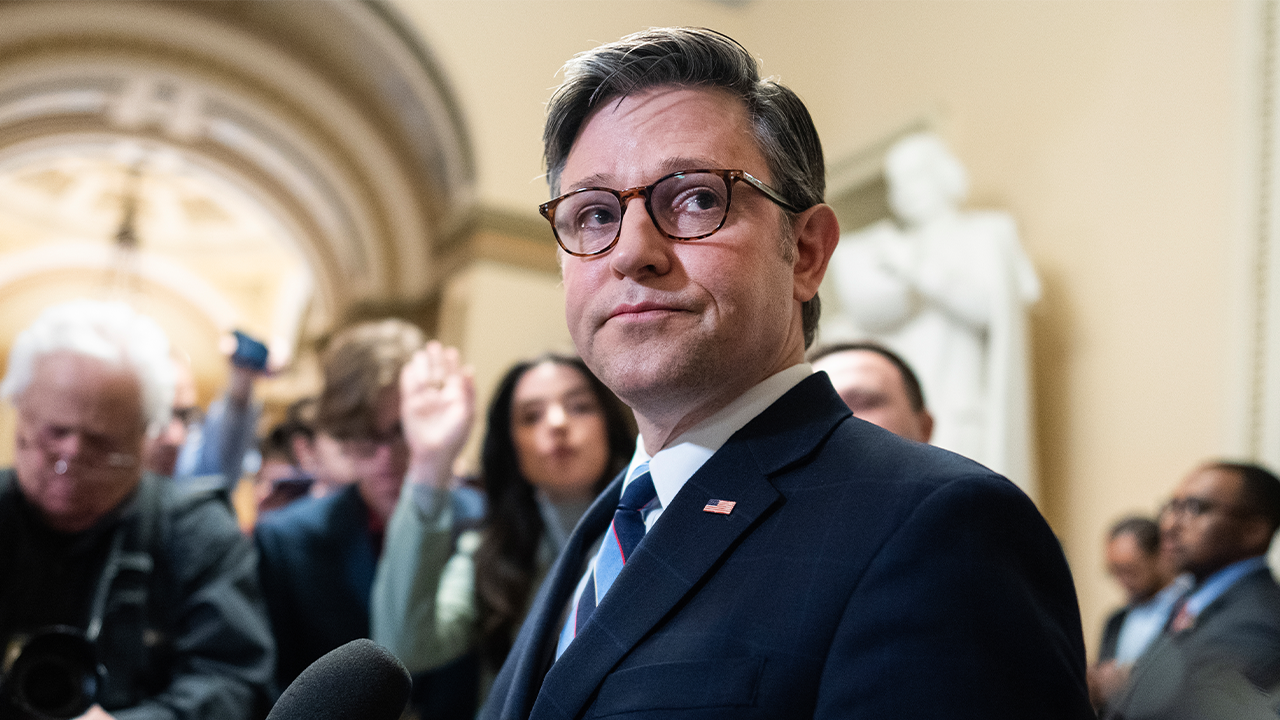Cathie Wood’s Bold Bet: Trusting Trump on Tariffs Amid Market Uncertainty
Renowned investor Cathie Wood, CEO of ARK Invest, has doubled down on her support for former President Donald Trump’s tariff policies, warning market bears they may be “playing with fire.” In a recent interview, Wood argued that Trump’s approach to trade could stabilize markets despite warnings from Blackstone and JPMorgan Chase about potential volatility. Her contrarian stance comes as economists debate whether protectionist measures will fuel inflation or strengthen domestic industries.
Wood’s Unconventional Market Outlook
While many Wall Street analysts express concerns about renewed trade wars, Wood maintains that Trump’s tariff strategy could produce unexpected benefits. “History shows us that targeted tariffs, when implemented strategically, can level the playing field for American innovators,” Wood stated during a CNBC appearance. Her ARK Innovation ETF (ARKK) has notably outperformed expectations this year, gaining 32% year-to-date despite broader market jitters.
Key data points supporting Wood’s position include:
- U.S. manufacturing output grew 0.9% in Q1 2024 after three quarters of contraction
- Domestic steel production reached 1.82 million tons weekly in May, a 4-year high
- Technology exports increased 7.2% year-over-year despite global headwinds
Diverging Views From Financial Institutions
Blackstone Group CEO Stephen Schwarzman recently cautioned that “tariffs function as hidden taxes on consumers,” citing a 2023 Peterson Institute study estimating that Trump-era tariffs cost the average American household $1,277 annually. JPMorgan Chase analysts echoed these concerns in a June research note, projecting that renewed tariffs could:
- Add 0.8-1.2% to core inflation
- Reduce GDP growth by 0.5% annually
- Trigger retaliatory measures affecting $300B in U.S. exports
However, Wood counters that these analyses overlook potential long-term benefits. “Short-term pain often precedes structural reform,” she argued, pointing to South Korea’s automotive industry development following protectionist policies in the 1980s.
The Tariff Debate’s Market Implications
Market volatility indexes (VIX) have fluctuated between 18-22 since Trump’s renewed tariff talk began—higher than the 15.4 average during Biden’s presidency but below the 25.6 peak during the 2018 trade war. This suggests investors remain uncertain about potential impacts.
Sector-Specific Winners and Losers
Analysis of S&P 500 sectors reveals stark divergences in performance since tariff discussions resumed:
- Industrial stocks gained 6.3% on reshoring hopes
- Consumer discretionary fell 4.1% on cost concerns
- Technology remained flat as analysts debate supply chain impacts
“The market is trying to price in multiple scenarios simultaneously,” explained Raymond James chief investment officer Larry Adam. “We’re seeing unusual dispersion between companies with domestic versus global supply chains.”
Historical Precedents and Modern Context
While Wood draws parallels to Reagan-era protectionist measures that preceded the 1990s tech boom, critics note key differences in today’s economy:
- Global supply chains are 43% more interconnected than in 1980 (WTO data)
- U.S. manufacturing employment has declined from 19.5M to 12.9M since 1980
- China now accounts for 18.4% of global GDP versus 2% in 1980
Harvard economist Dani Rodrik warns: “Twenty-first century trade wars unfold in a completely different ecosystem. The collateral damage could be exponentially greater.”
Investor Strategies for a Tariff-Driven Market
As the debate intensifies, wealth managers report surging interest in tariff-resistant portfolios. Morgan Stanley has seen a 72% increase in clients requesting supply chain audits since January.
Emerging Opportunities and Risks
ARK Invest’s research highlights three potential growth areas:
- Automation technologies reducing labor cost disadvantages
- Onshoring infrastructure development
- Alternative energy components exempt from traditional trade flows
Conversely, Goldman Sachs identified vulnerable sectors including:
- Big-box retailers with thin margins
- Auto manufacturers dependent on imported parts
- Consumer electronics reliant on Asian supply chains
Looking Ahead: Policy and Portfolio Implications
The coming months will test Wood’s thesis as the Treasury Department prepares its annual currency manipulation report and the WTO reviews recent trade measures. Market participants should watch for:
- July 15: Deadline for Section 301 tariff reviews
- August 2: Next Federal Reserve meeting
- September 30: Expiration of certain Trump-era tariff exclusions
As Wood told Bloomberg: “Disruption creates opportunity—the investors who understand policy tailwinds will separate themselves from the herd.” Whether this proves prescient or overly optimistic may define market performance through the 2024 election cycle and beyond.
For investors seeking to navigate these uncertain waters, consulting with a fiduciary advisor to stress-test portfolios against multiple trade scenarios may prove invaluable. The only certainty appears to be continued volatility as the global economy adjusts to shifting trade realities.
See more CNBC Network



